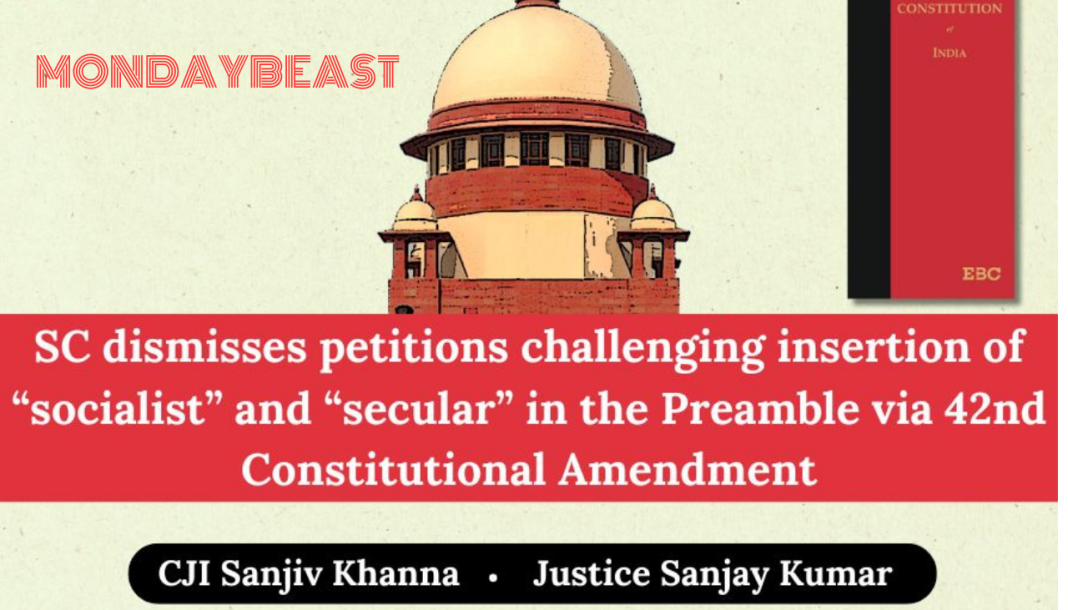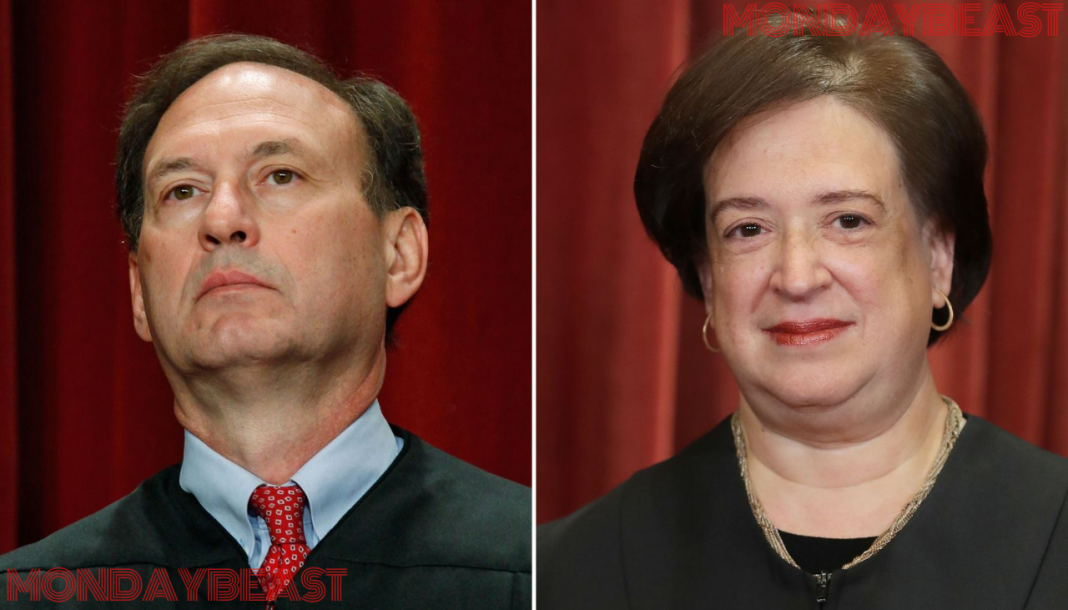The Supreme Court’s recent ruling on the Preamble has stirred widespread discussion. How did it come to be that the terms ‘socialist’ and ‘secular’ found their way into this foundational document? And why have challenges to this phrasing been met with firm resistance?
When one looks back, the Preamble stands as a crucial introduction to the Constitution of India. It explains what the Constitution aims to achieve and what ideals define the nation. Initially, in 1950, it described India simply as a ‘SOVEREIGN DEMOCRATIC REPUBLIC’. So, what changed?
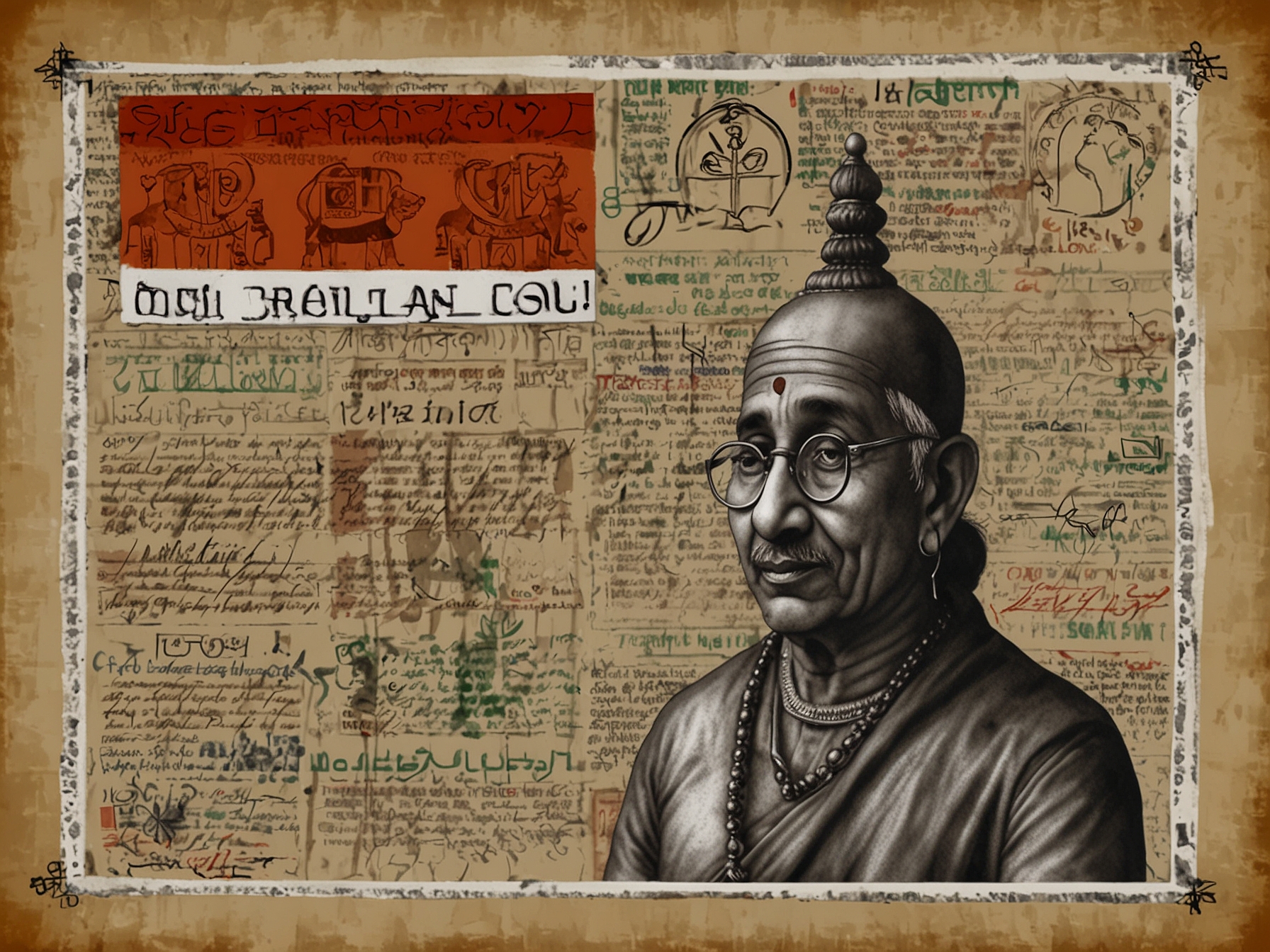
Fast forward to 1976 during a tumultuous period known as the Emergency. The 42nd Amendment was passed, and parliament introduced the phrase ‘SOVEREIGN SOCIALIST SECULAR DEMOCRATIC REPUBLIC’. This drastic change was made during a time of political strife, leading many to see it as a tool for the consolidation of power.
Some argue that ‘socialist’ and ‘secular’ hold immense significance in modern India. In a diverse nation, these terms aim to ensure equality and inclusivity. They aspire to create a framework where economic and social justice prevail, regardless of one’s background. Does this not resonate with everyone’s inherent need for fairness?
But the Supreme Court has chosen to keep the Preamble intact. It dismissed recent petitions arguing that the framers of the Constitution deliberately excluded these words. The court’s decision shows how the interpretation of these ideals has evolved. Is it possible that the court sees a purpose beyond the original intent?
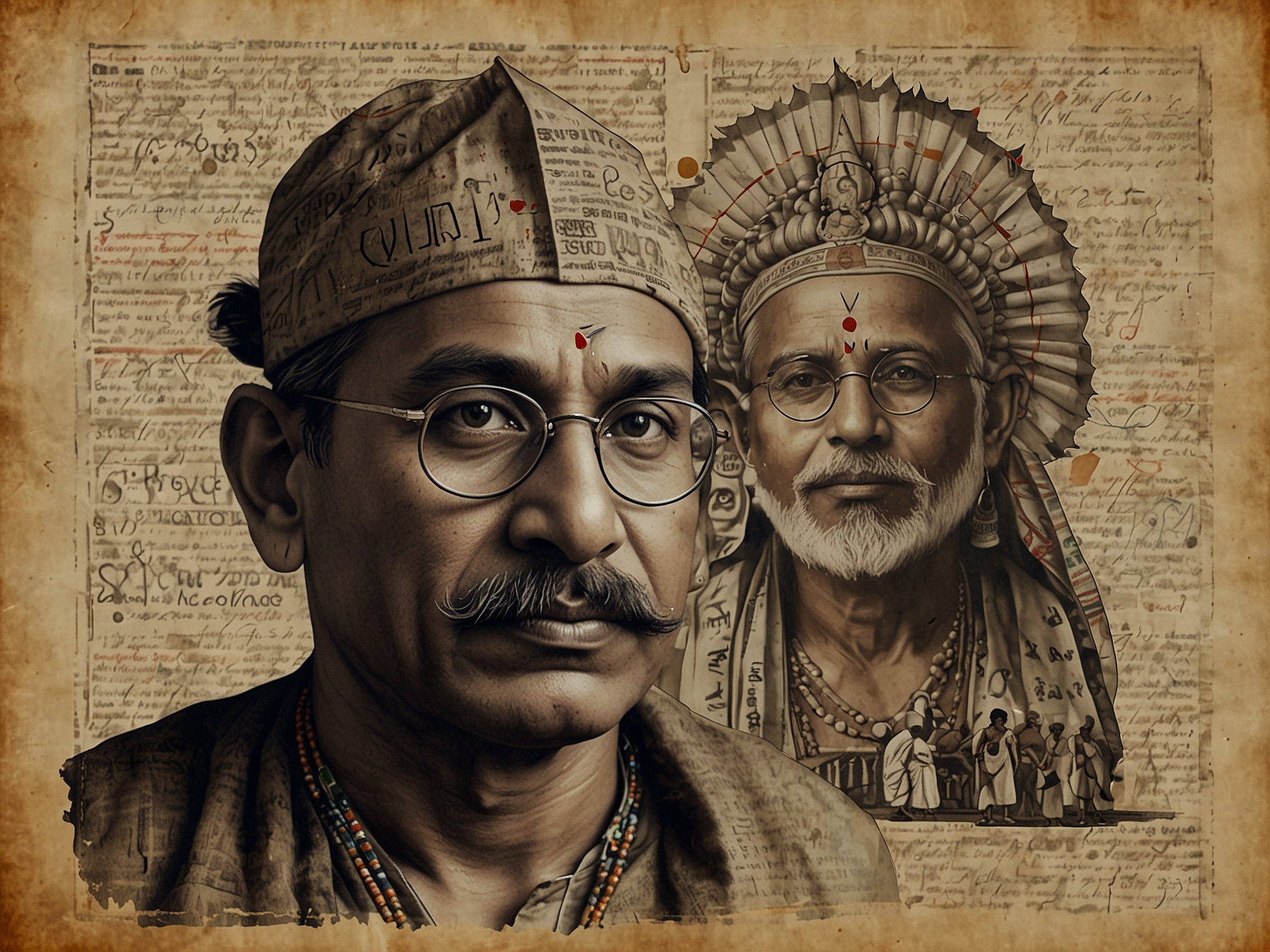
The journey to embed these terms into the document has been complex. Proposed changes were debated, rejected, or ignored numerous times during the Constitution’s drafting. For instance, an early advocate for socialism wished to name India as a “Union of Indian Socialistic Republics.” That idea, clearly, did not gain traction.
Yet, the 42nd Amendment gave a new meaning to these concepts. The Supreme Court emphasized that over the years, India has formulated its understanding of secularism and socialism. Today, secularism is seen not as an opposition to religion but rather as a framework that celebrates all faiths.
This broader interpretation was pivotal in the court’s reasoning. The essence of socialism, too, has shifted. It now focuses on economic and social justice, not as an impediment to private enterprise but as a method of uplifting the marginalized.
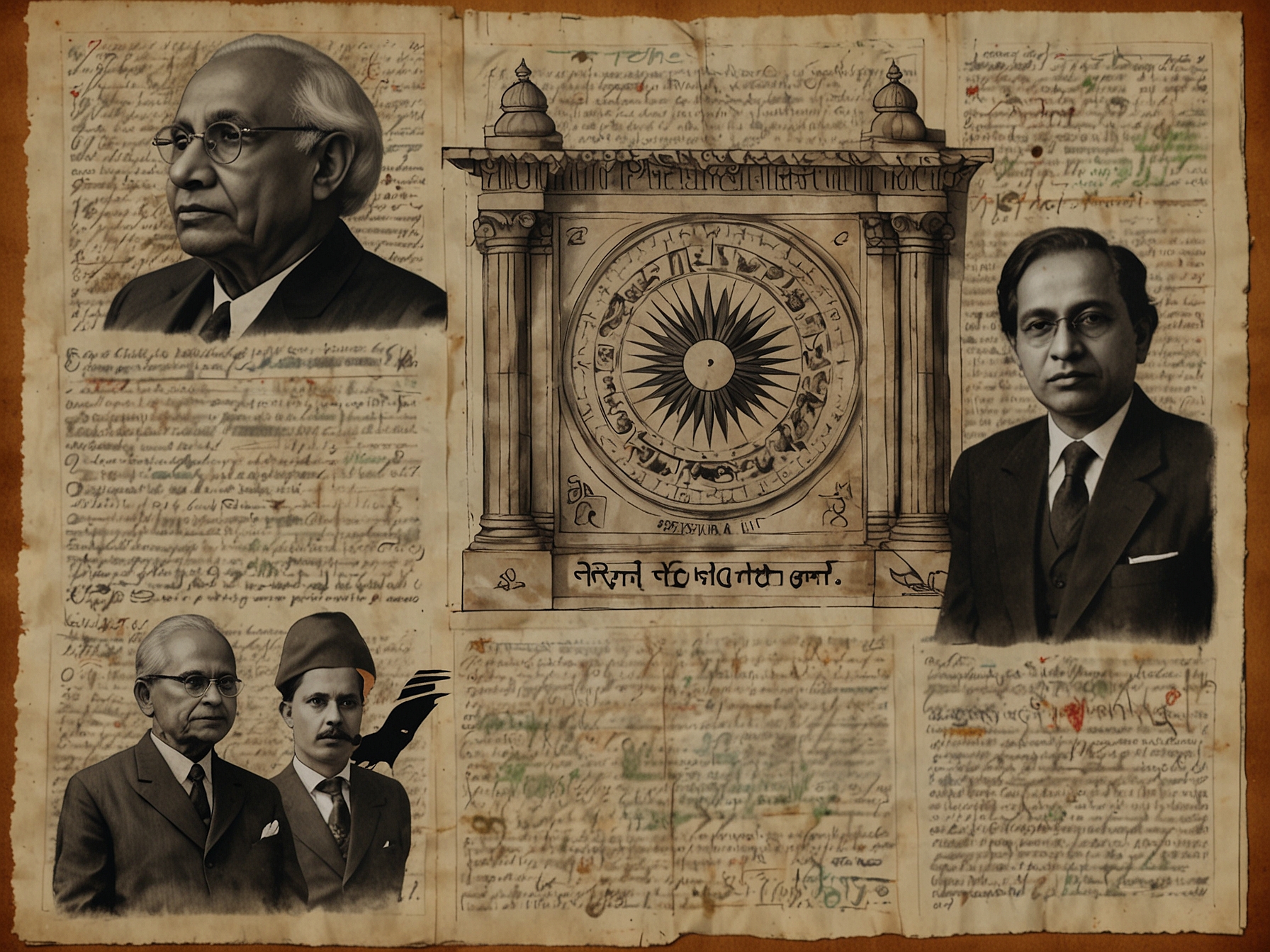
In a world grappling with division, the affirmation of these terms in the Preamble strikes a chord. They remind us that as a nation, we are bound by ideals that promote fraternity, liberty, and equality. With these pillars, should we not strive for a society grounded in these principles?
What does this ruling mean for the future of Indian democracy? The court has asserted that political aims must align with constitutional values. The integrity of the government’s actions should reflect the spirit of the Preamble while also respecting individual rights.
Ultimately, this discussion leads to a more significant query: What does it mean to be a ‘socialist’ or ‘secular’ nation in today’s context? It invites us to reflect on our values and the society we wish to build. Are we ready to fully embrace these ideals in all aspects of governance?
The Supreme Court’s decision has implications that extend beyond legal jargon. It challenges us to confront our understanding of India’s identity and the fundamental principles that unite its people. As the nation moves forward, let’s consider how ‘socialist’ and ‘secular’ will shape its future.

